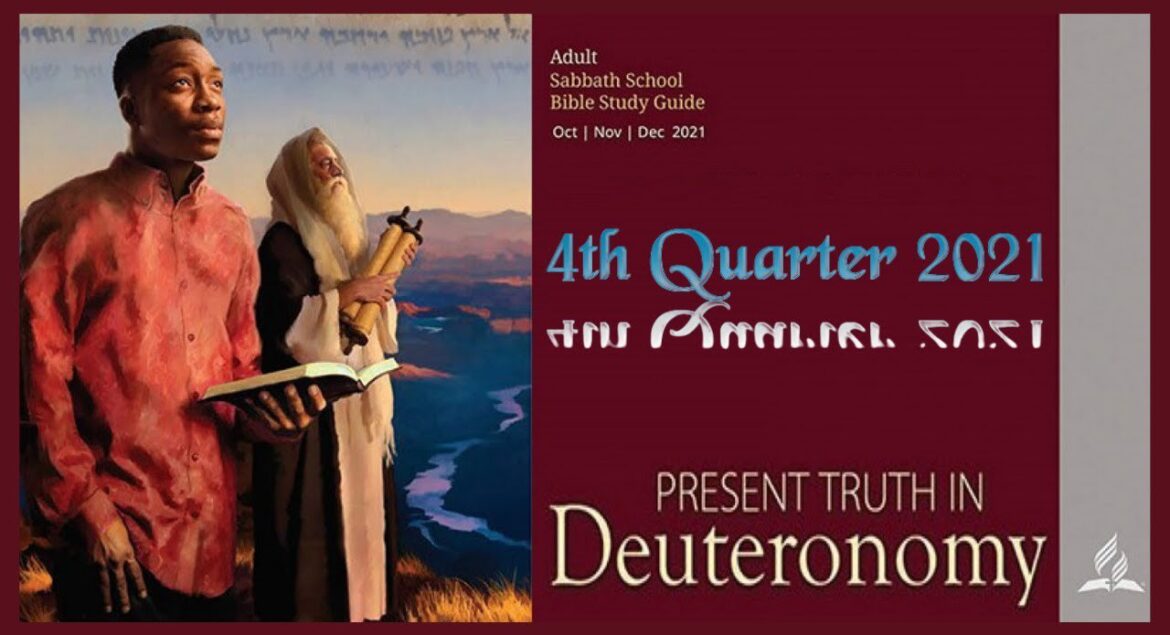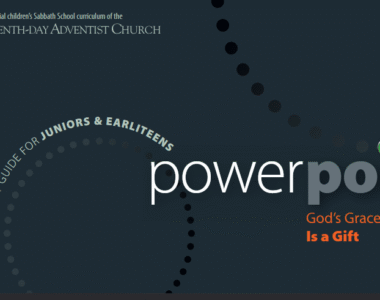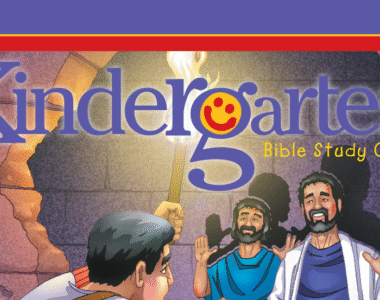
4th Quarter: Present Truth in Deuteronomy.
Lesson 9: Turn Their Hearts
Sunday: Mi-Yitten
Text: [[Deu 5:29]] BSB
If only they had such a heart to fear Me and keep all My commandments always, so that it might be well with them and their children forever.
Message
for all have sinned and fall short of the glory of God, (Rom 3:23). If you had no knowledge of the Bible, and you saw this statement in the newspaper today, would you have believed it? Is it any news that humanity has fallen down the stair of evil and Wickedness? You can just look at the people around you! No! Look at yourself first. Consider closely the intents of your heart. Are you any better? If the standard is Christ’s righteousness not your friends’, do you measure up to it? The bad news is, we all “fall short”. The good news is that, when we accept our wretched condition and go to God, he forgives and imputes on us Christ’s righteousness.
This week, we’ll look at this very important aspect of our relationship with God – repentance, as revealed in the book of Deuteronomy. The old testament language (Hebrew) is rich in expressions that carry deep meaning. One of such is Mi-Yitten Mi is the question “who?” and yitten means “will give.” So, literally, Mi-yitten is “Who will give?” But when used in the OT writing, this phrase expresses the idea of a wish, of a desire, of someone wanting something badly. An instance is when Israel cried in the wilderness, and wished that they had died in Egypt (Ex 16:3). This is a strong verbal expression of the intent of the heart which sometimes can’t be achieved because of certain limitations.
It’s interesting (if not unfortunate) to note that God uses this same expression. The sovereign, omnipotent God, uses a language that implies weakness when speaking about what he wished Israel will do – that’s to have a heart that will fear him so that it’ll be well with them. But why does it appear that God is “struggling” at this point? It tells us the reality of our free will (choices). As hard as it might appear, we see that there are limits to what God can do in the midst of the great controversy. This use of mi yitten reveals that even God can’t trample on free will; for the moment He did, it would no longer be free. God can only work with and in us when we choose to allow him.
Reflection
“If God loves us all, why doesn’t He just save everyone?” How does today’s lesson help answer this question? What choices are you making today, and how will they permit or block God’s desire to work for you? How can you learn to make the right choices?



